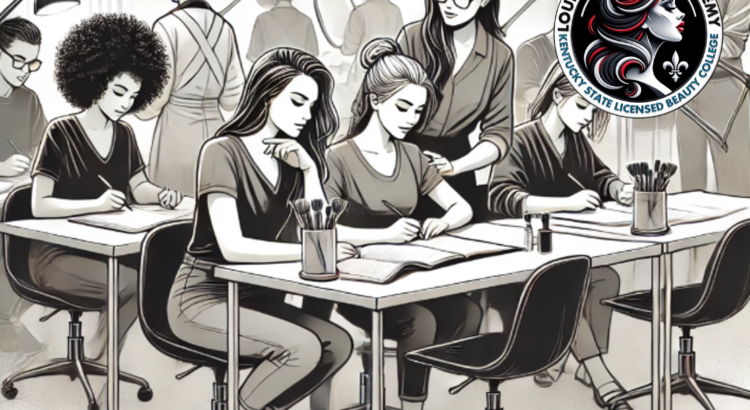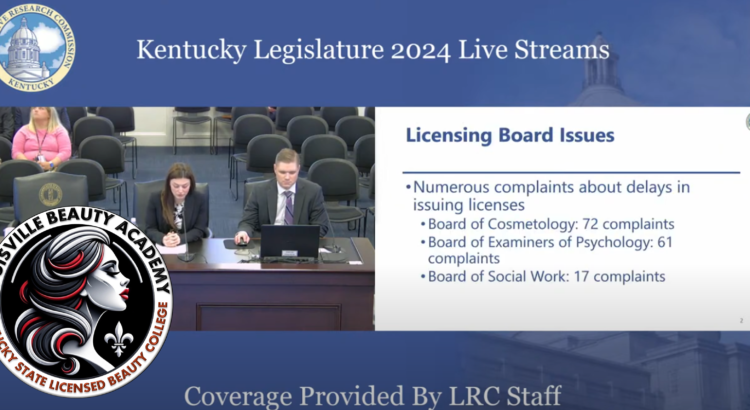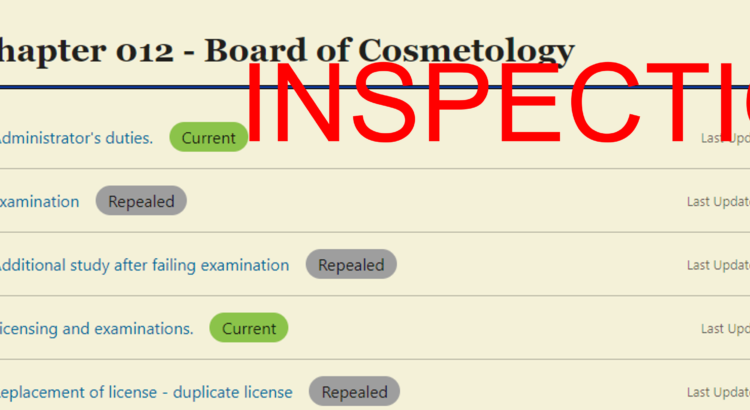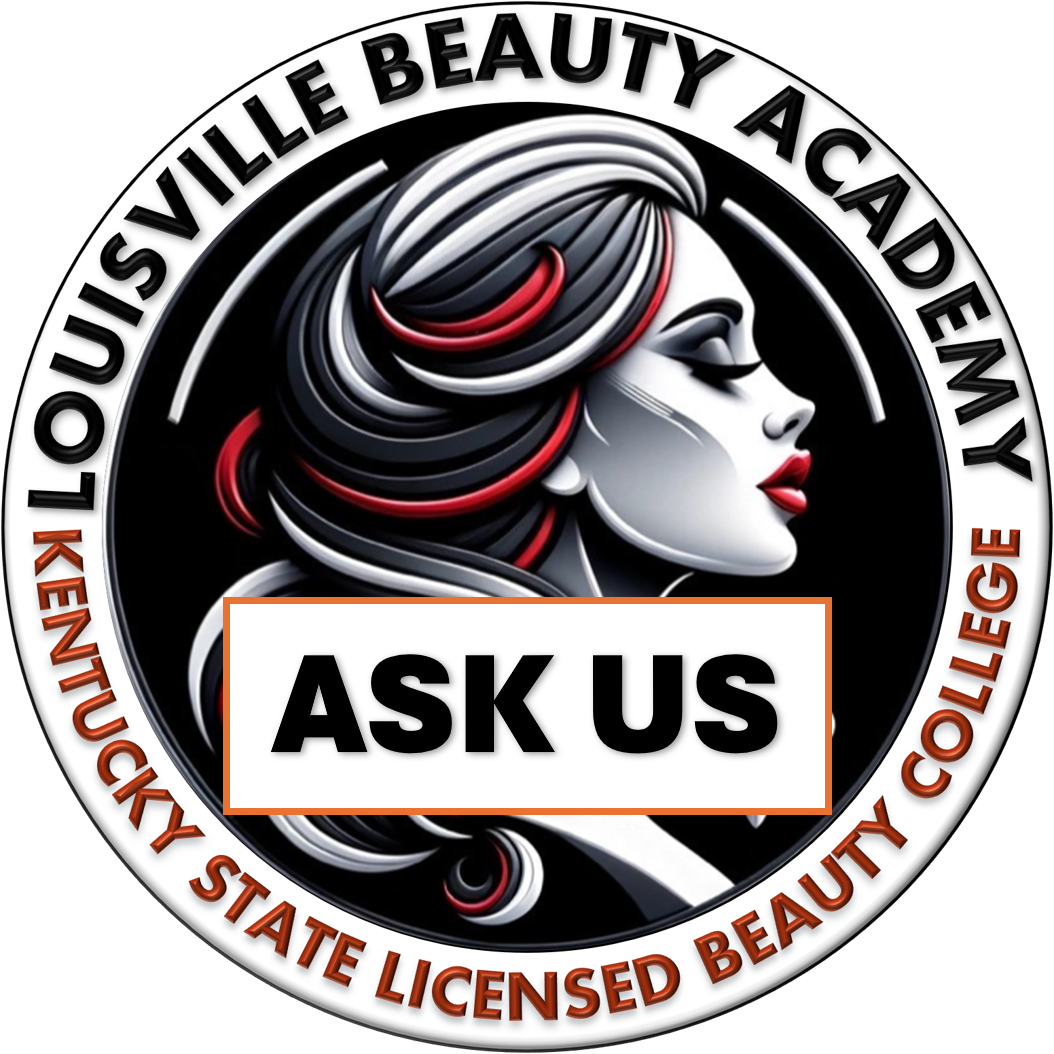Introduction
At Louisville Beauty Academy, we firmly believe that success in the beauty industry begins with one critical milestone: obtaining a license. Licensing is not just a legal requirement but a foundation upon which careers are built. Our mission is to guide every student to this essential first step, preparing them to pass the licensing exam and embark on their professional journey with confidence.
Yet, we recognize that some students underestimate the importance of this step. Challenges such as focusing on theory, financial responsibilities, and commitment can derail even the most talented individuals. Despite these hurdles, Louisville Beauty Academy stands out for its unwavering commitment to helping students cross the finish line.
Licensing: The First Step Toward Success
Becoming a licensed beauty professional is not optional—it’s the starting point for any career in the industry. Licensing ensures that students meet the standards set by the Kentucky State Board of Cosmetology and equips them with the credentials necessary to work legally and professionally.
Many students find the theory portion of the licensing exam to be the most challenging. However, mastering theory is crucial for understanding the science and standards behind beauty practices, from sanitation to advanced techniques. Passing this exam is the first and most essential step in transforming from a student into a licensed beauty professional.
Minimizing Debt on the Licensing Journey
An integral part of preparing for licensing is finding ways to minimize or eliminate debt. At Louisville Beauty Academy, we encourage students to take full advantage of available options to make their education as affordable as possible.
- Full-Time Attendance: Students can maximize discounts by committing to full-time attendance, allowing them to finish quickly while qualifying for attendance-based financial incentives.
- Upfront Payments: For those who can pay upfront, significant discounts are available, helping reduce the financial burden.
- Smart Financial Planning: We encourage students to find creative ways to manage payments, such as taking on side hustles to cover costs instead of relying on loans. Every effort to pay in real-time reduces future debt.
Louisville Beauty Academy is proud to be the most affordable and flexible option for aspiring beauty professionals. However, students must make deliberate trade-offs: affordability often requires a commitment to time, while flexibility requires careful financial planning.
The Challenges Students Face
At Louisville Beauty Academy, we understand that life can present obstacles. Some students struggle with theoretical concepts, while others face financial or personal challenges. Unfortunately, a few may withdraw or lose focus, leading to grievances instead of completing the program.
Our goal is to address these challenges with empathy and solutions. We provide resources, flexible policies, and personalized guidance to ensure that every student has the opportunity to succeed. However, success also requires effort and accountability from students.
Louisville Beauty Academy’s Unique Approach
What sets Louisville Beauty Academy apart is not just our focus on helping students pass the licensing exam but also our continued support for graduates. Unlike other schools, we welcome our graduates back to share their knowledge, learn more, and grow alongside our instructors and current students.
We believe that true professionals are those who can teach and mentor others. That’s why we encourage graduates to volunteer as tutors or guest speakers. By helping others, graduates deepen their own understanding, refine their skills, and embody the collaborative spirit that defines the beauty industry.
This unique opportunity fosters a cycle of growth and learning, where students and graduates alike benefit from shared experiences. At Louisville Beauty Academy, we are not just building beauty professionals; we are cultivating leaders and lifelong learners.
Our Commitment to Students
Louisville Beauty Academy is dedicated to seeing every student succeed. Our focus is not just on training but on ensuring that students are prepared for the licensing exam—the critical first step to a rewarding career. We provide the tools, guidance, and encouragement needed to achieve this milestone.
We also extend an open invitation to all students who have paused their journey: come back. Whether it’s to complete your program, refresh your knowledge, or help others grow, our doors are always open.
A Call to Action
To all current and future students: remember that licensing is your foundation. It’s the first step toward achieving your dreams in the beauty industry. Stay committed, embrace the learning process, and lean on Louisville Beauty Academy for support.
And to our graduates: consider coming back to share your wisdom and experiences. Volunteer to mentor others and continue growing as a professional. Together, we can elevate each other and the beauty industry as a whole.
At Louisville Beauty Academy, your success is our mission. Let’s build a brighter future together.
Legal Disclaimer
The policies and practices outlined above are part of the binding student contract with Louisville Beauty Academy, developed in compliance with Kentucky State Board of Cosmetology regulations and applicable laws.
Students agree to these terms upon enrollment, including payment obligations, dispute resolution, and professional conduct. Policies are subject to updates, which will be formally communicated and supersede prior terms.
For questions or the latest policy details, students should refer to their contract or contact the administration. All concerns must follow the grievance process before escalation to external regulatory bodies.









